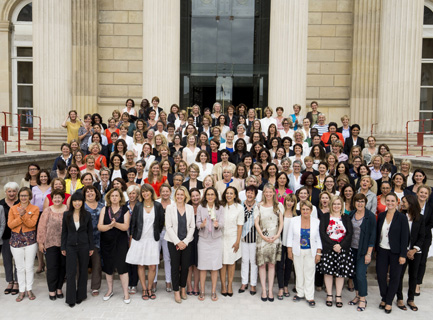Parity in politics
Search by
Video
Folder


The ordinance of 21 April 1944 established that women are voters and eligible under the same conditions as men. Yet, if women participate in political elections, they remain a minority among elected officials